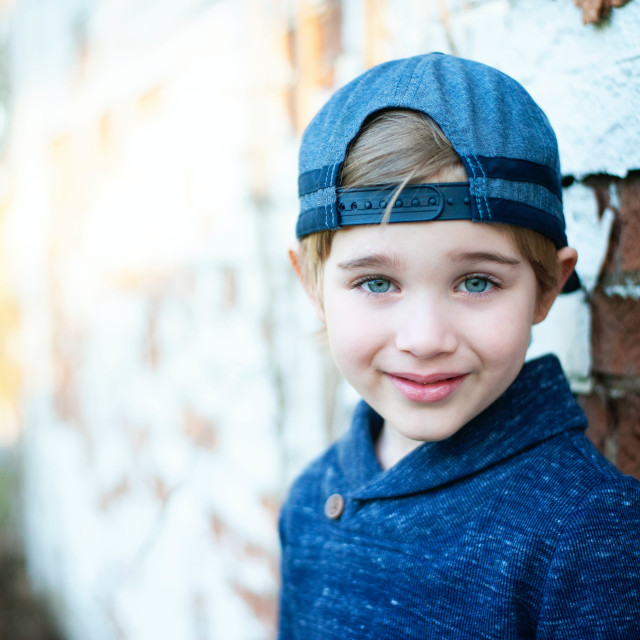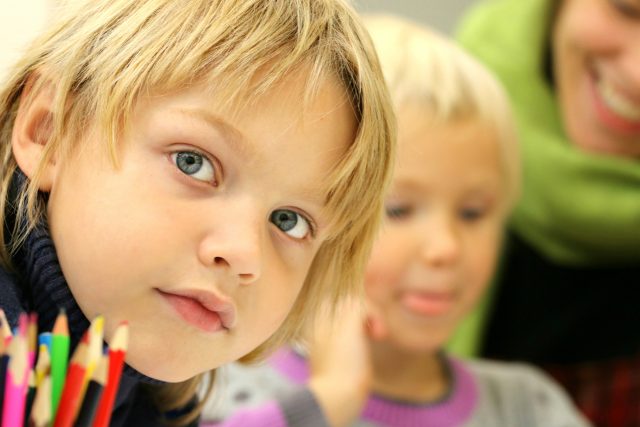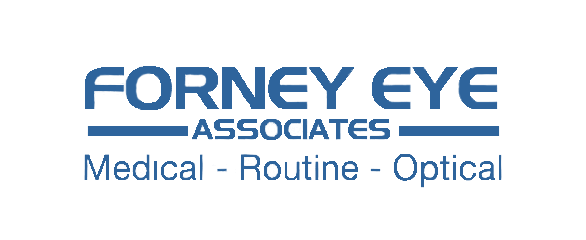Managing Your Child’s Myopia in Forney
Is your child nearsighted?
Is their nearsightedness getting worse?
Offer your child a bright future with myopia management.

Myopia, also known as nearsightedness, is a common eye condition that can affect people of all ages but often appears in childhood. While glasses and contact lenses can correct myopia vision, they do not treat the underlying cause or slow its progression.
Myopia can significantly increase your risk of developing sight-threatening eye diseases later in life, sometimes increasing the risk factor for diseases such as glaucoma by up to ten times. If you are concerned about your child’s long-term eye health and vision, talk to your eye doctor about myopia control options.
At Forney Eye Associates in Forney, we offer a variety of myopia control treatments that can help slow the progression of your child's myopia and reduce their risk of developing future eye problems.
What is Myopia Management?
Myopia management is an area of eye care that uses custom treatments to prevent or slow your child's myopia progression. Depending upon your child's specific needs, our eye care team can help your child maintain clearer vision for longer.
Orthokeratology: A Powerful Solution
Orthokeratology (ortho-k) is a non-surgical and non-invasive method to help manage myopia. It involves wearing specially designed rigid gas-permeable contact lenses overnight.
Ortho-k lenses gently reshape the cornea, the eye’s clear front surface, while you sleep. This temporary reshaping allows light entering the eye to focus properly, resulting in clear vision during the day without the need for glasses or contact lenses.


Myopia Management Reviews

What You Need To Know About Myopia
Symptoms of Myopia
- Struggling to see things clearly at a distance
- Difficulty seeing the board in class
- Squinting to see faraway objects
- Complaining of headaches and eyestrain
- Difficulty with sports that involve small balls, such as baseball or tennis


Myopia and Eye Diseases
While myopia is typically mild, and glasses or contact lenses can easily correct it, myopia can also lead to serious vision problems later in life.
As your child’s myopia progresses, their risk of developing sight-threatening eye diseases increases, such as glaucoma, macular degeneration, and retinal detachment. Children with high myopia are up to ten times more likely to develop vision loss from one of these diseases than children with normal vision.
That’s why it’s so important to have your child’s eyes examined regularly and to consider myopia control options. Myopia control treatments can help slow the progression of myopia and reduce your child’s risk of developing future eye problems.
Myopia Treatment
The good news is that myopia management and regular eye exams with our optometry team can help your child regain clear vision and slow down or even stop their vision from worsening.

How Do I Know If My Child Needs Myopia Management?
If you're concerned about your child's myopia, we're here to help. Our experienced eye doctor will take the time to answer all of your questions and explain your child's nearsightedness. We'll also assess your child's needs to determine if they're a good candidate for myopia management.

Our Myopia Management Team

What Factors Increase Risk of Myopia?
Myopia, or nearsightedness, is influenced by genetic, age-related, and lifestyle factors. Understanding these aspects can shed light on its development and help in proactive management.

Myopia often has a hereditary component. If one or both parents are nearsighted, there's an increased likelihood that their children may also develop myopia. Genetic predisposition significantly impacts the risk and progression of myopia.
Age is a critical factor in the development of myopia. It often begins during childhood and tends to progress during school and adolescence. The eye undergoes growth and changes in shape during these years, which can contribute to myopia development.


Daily habits and lifestyle play a substantial role in myopia risk. Prolonged near-work activities such as reading, computer use, and excessive screen time can strain the eyes and potentially contribute to myopia development. Insufficient outdoor time and reduced exposure to natural light, especially during childhood, have also been associated with an increased risk of myopia.
Myopia FAQ
Protect your child’s long-term vision and eye health. Contact our Dallas optometry team regarding myopia management at Forney Eye Associates today!





